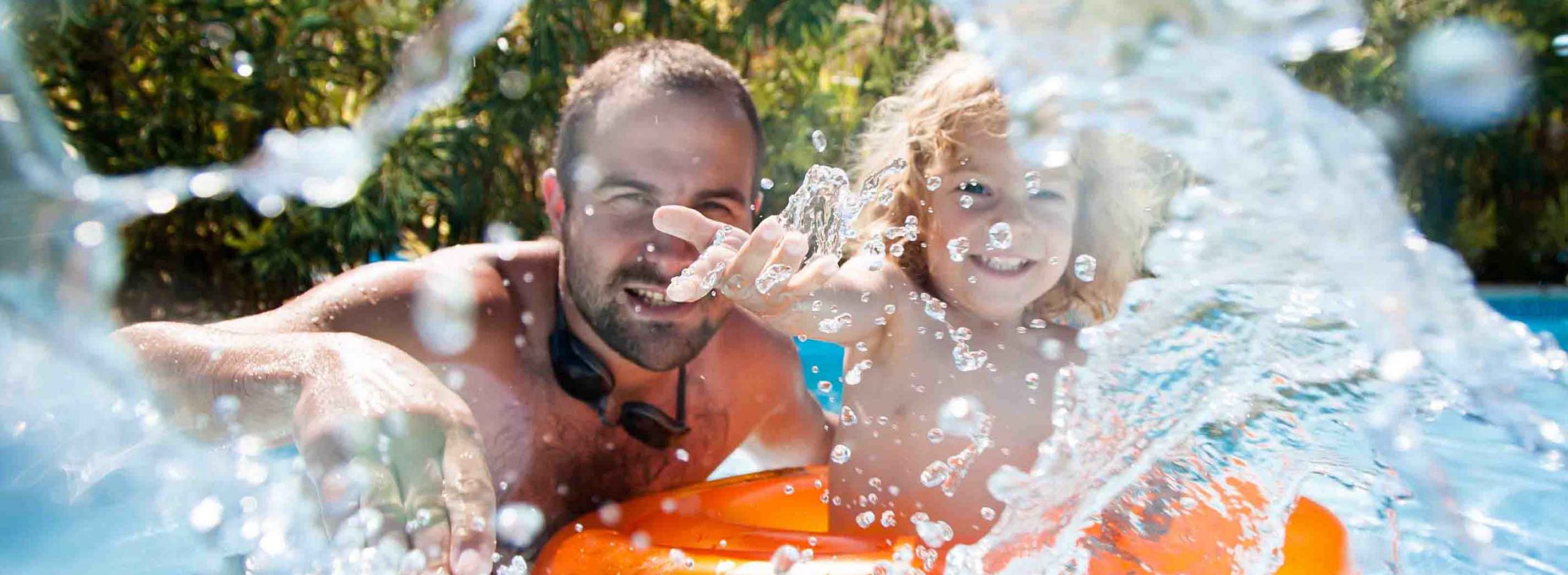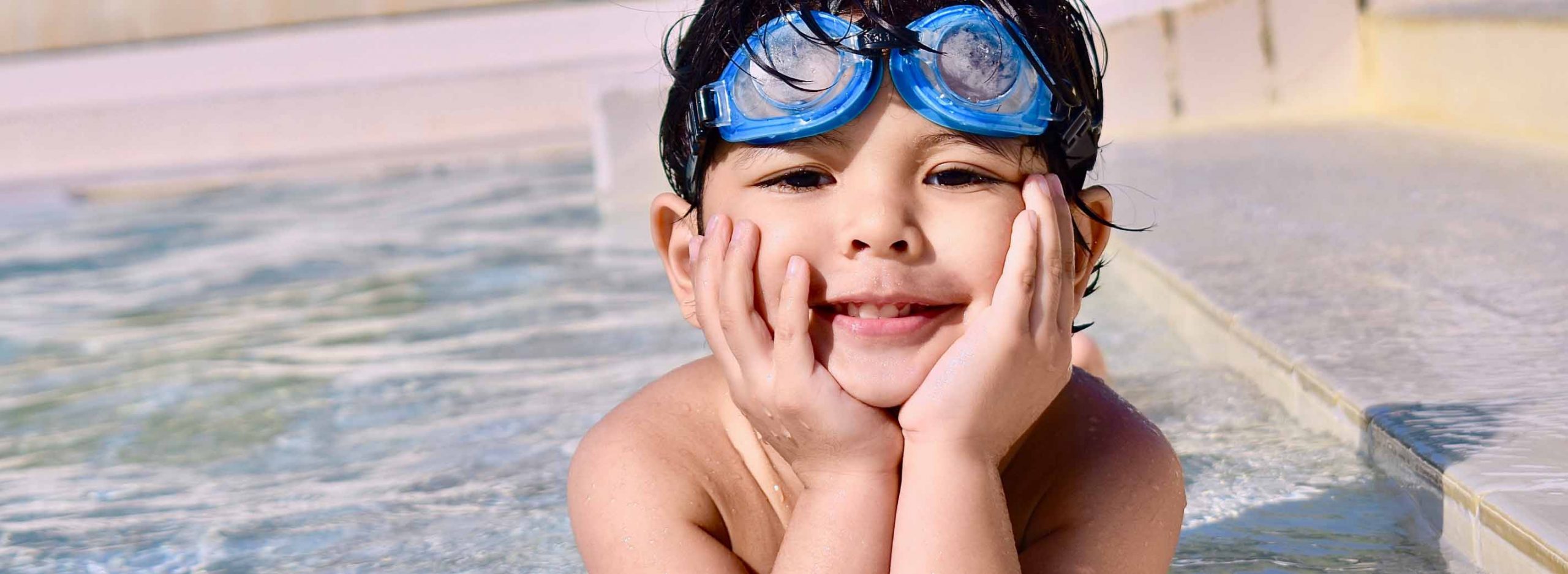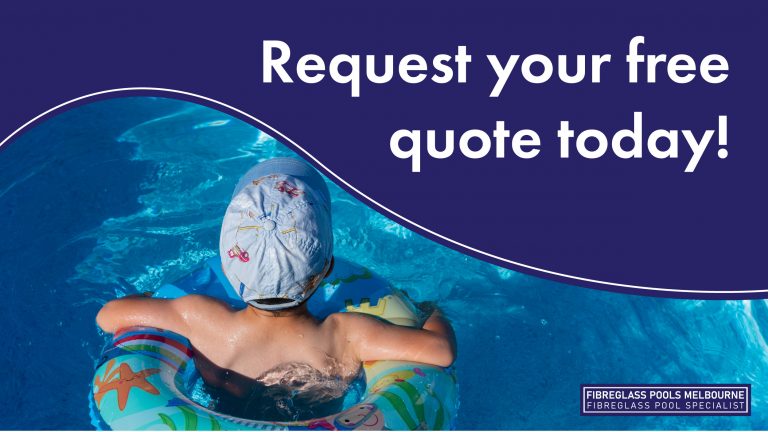Why should my child take swimming lessons? And what do they need to know?
Swimming lessons can help children (and then as adults) feel confident around the water. Lessons can teach them how to safely operate in and around water. As for some children, confidence near the water is not an issue, some love it and are sometimes too confident!

However some children hate just having a bath or shower, so swimming is a stressful task for them. In Australia, outdoor entertaining and swimming is a culture within itself. With our beautiful beaches, multitude of rivers and warm weather there are so many opportunities to swim and be around the water. Helping your child feel safe and confident is what parents do- so organising your child lessons at a swim school will assist them in that area. Plus swimming has so many other benefits as well. It is fun, it is great exercise and can help with boosting mood, confidence and even cognitive development!
With deaths occurred on coastal waters in 2021 (in Australia) increasing by 13% (136) from the year before, and 75 drowning deaths occurred in rivers and creeks (a 53% increase on the year before), we need to be equipping young aussies with the skills and knowledge of what to do in the water, and not only in a swimming pool environment.
What should my swim school be teaching my child?
Children of all ages need to learn how to get to the surface of the water, and get in and out of the water safely. The main objective of swimming lessons is for children to learn how to be safe in, and around the water. Knowing how to swim can significantly reduce their risk of drowning. Depending on your child’s age, they will learn different skill sets. You can expect your young child to be taught how to roll and float, hold their breath, close their eyes under water, rest and breathe when floating on their backs, and how to get to the water’s edge safely. As your child gets older the tasks become more complex and they will learn things such as the swim float swim method, kicking, swimming techniques, and gliding through the water.

When and what to look for in a swim school?
Kids develop at varying rates and whilst one child might be ready for swimming at a certain age, another might not be. General advice from swim schools is that they will start lessons from 6 months of age (when children tend to be fully immunised). Studies from Australia suggest children start being able to master water confidence and basic aquatic locomotive skills at around four years of age, regardless of the age they are when lessons begin. Ultimately, you know your child and when it is a good time for your swimming lesson journey to begin.
Swim schools which focus on the safety aspect of swimming as opposed to just the stroke techniques, is what you want to look for, when looking for a swim school for your child. Make sure that all the instructors are qualified, having completed their certification via a nationally recognised learn-to-swim company. They should also have lifeguards that are competent in First Aid and CPR. A lot of swim schools will let you have a free trial so you can sit in and see if it is suitable for you and your child. Another aspect of your child’s growth and success is ensuring they are regularly testing and advancing as they upskill. Some swim schools are so busy with children being enrolled and leaving or missing classes, that they do not have regular ‘testing’ or observation to see when it is time for the children to be stepped up into the next class rank, or recommending extra lessons if they are not progressing. Children should never be left near water unsupervised even if they are competent swimmers. The swimming instructor should teach children that they must always ask an adult, swimming instructor or lifeguard before entering water of any kind. Ask the questions, complete some trials and see what feels right for you and your family.
Other benefits of Swimming and lessons for children:
When a child becomes confident and feels safe around water, there are a lot of benefits attached to his/her time in the swimming pool. Not only are they learning life-preserving skills, they will have fun and socialise! Lessons incorporate songs and water play to have fun and boost their confidence as they have the opportunity to learn new skills with their peers and instructor. Swimming is also a great form of exercise for full body cardiovascular health and will help instill healthy habits into your child’s routine. Kids will also develop increased muscle tone from the movements they do in the water- and statistics show that children who swim regularly generally have better hand-eye coordination! Swimming lessons may even improve cognitive development, because the lessons involve the use of bilateral cross-patterning motions. Cross patterning is when both sides of the body move in unison to complete a task. This promotes neuron growth in the brain which is known to help with communication, academic learning, spatial awareness, language development, literacy, maths, and verbal skills. Plus one of the best benefits as a parent- swimming will improve your child’s sleep! Not only does swimming burn a lot of energy, it makes biochemical changes in the brain, stretches the body, and regulates breathing patterns, all of which will result in your child having a more restful sleep!

Along with all the above mentioned benefits, with Australian children spending more and more time on devices and with obesity levels rising, swimming is a great hobby to nurture and encourage. As a parent, it is vitally important that your children are educated on the dangers that water can bring. Learning to swim will enable them to be familiar with and around water, and will learn safe practises of how to get to safety if they accidentally fall into the water. Even if your child is a great swimmer, remember children of all ages and abilities always need to be supervised by the water.
Here at Fibreglass Pools Melbourne we believe water safety is paramount and all our pools are built to the highest national safety standards. To discuss one of our pools for your home or for further information, give our friendly team a call.

